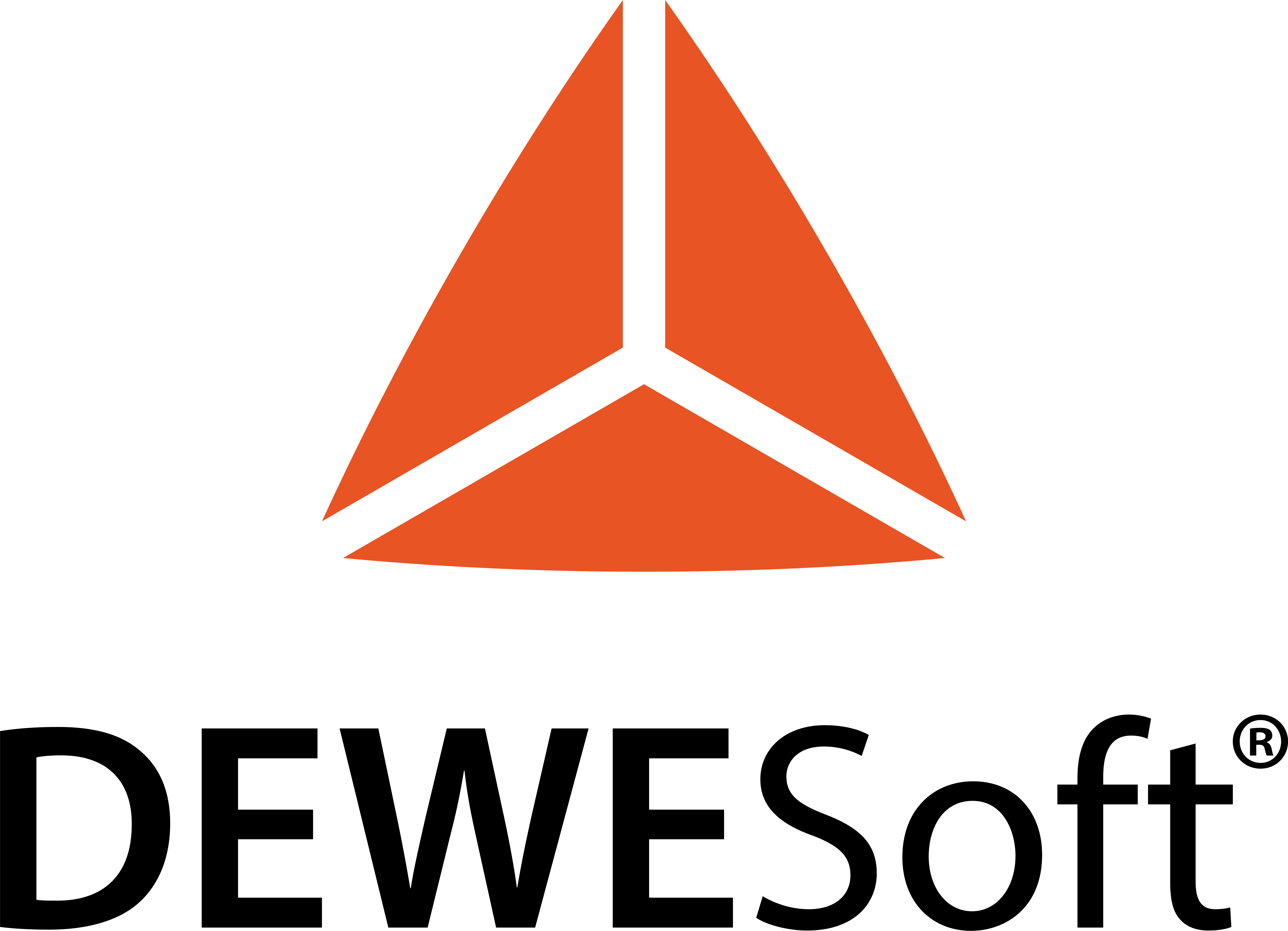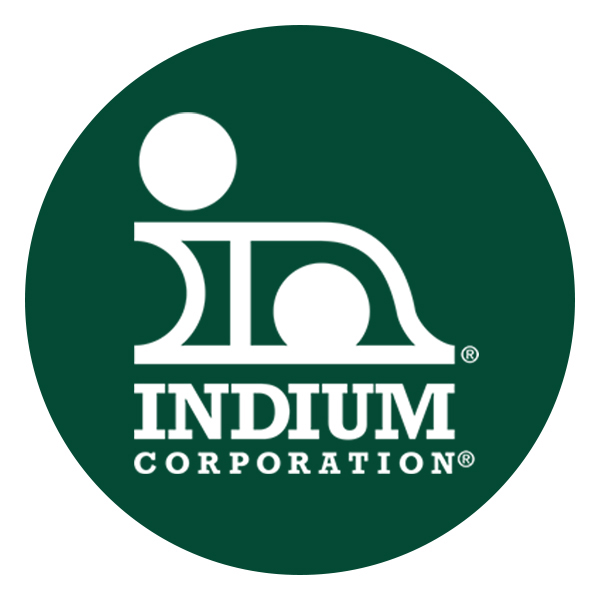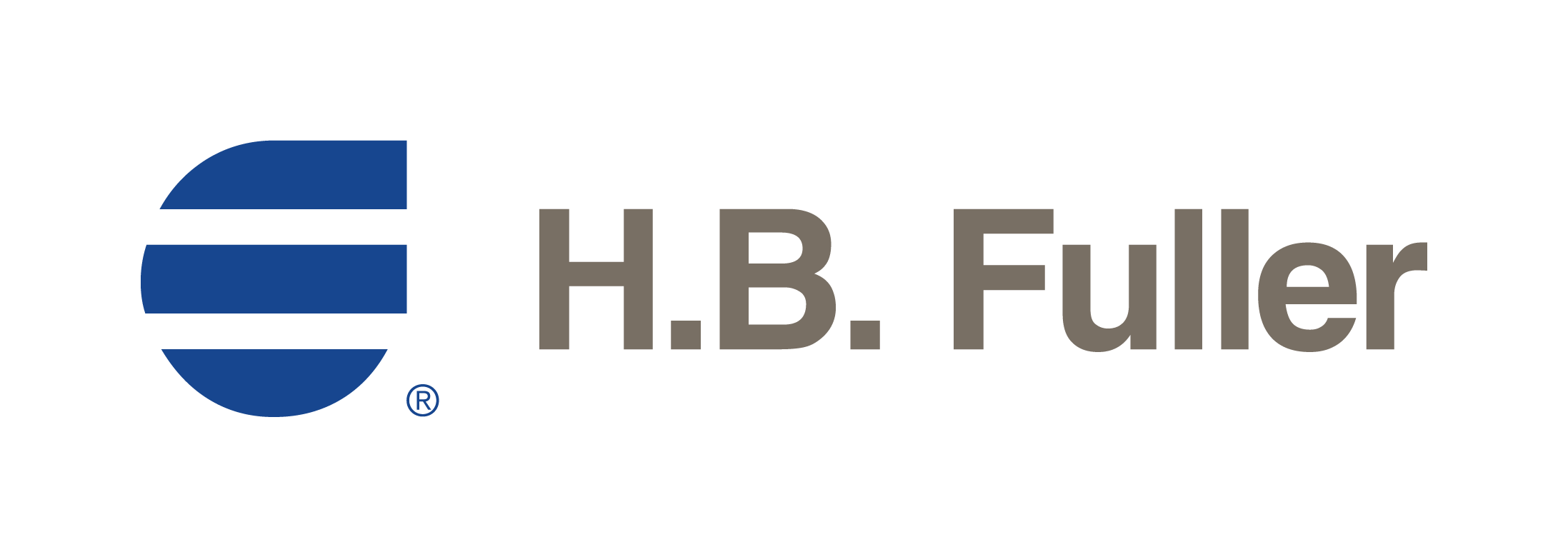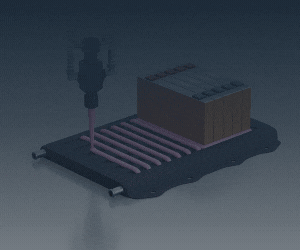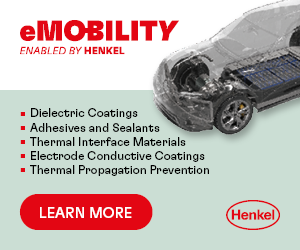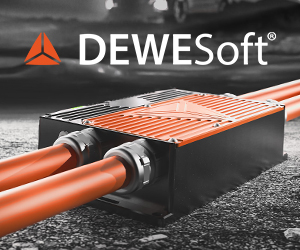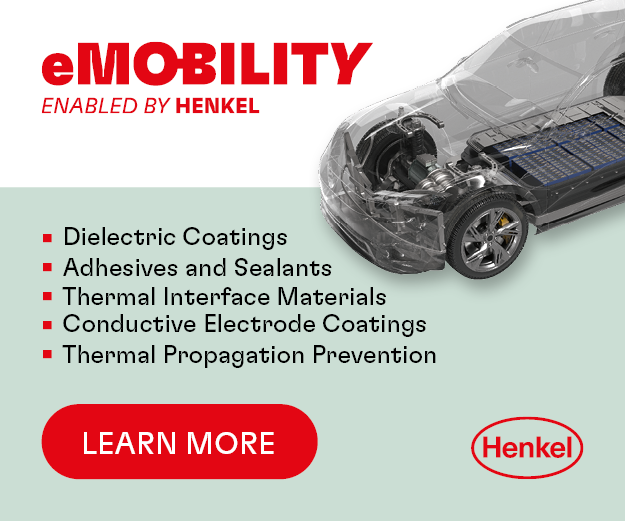Comau to design battery testing strategy for fastest project
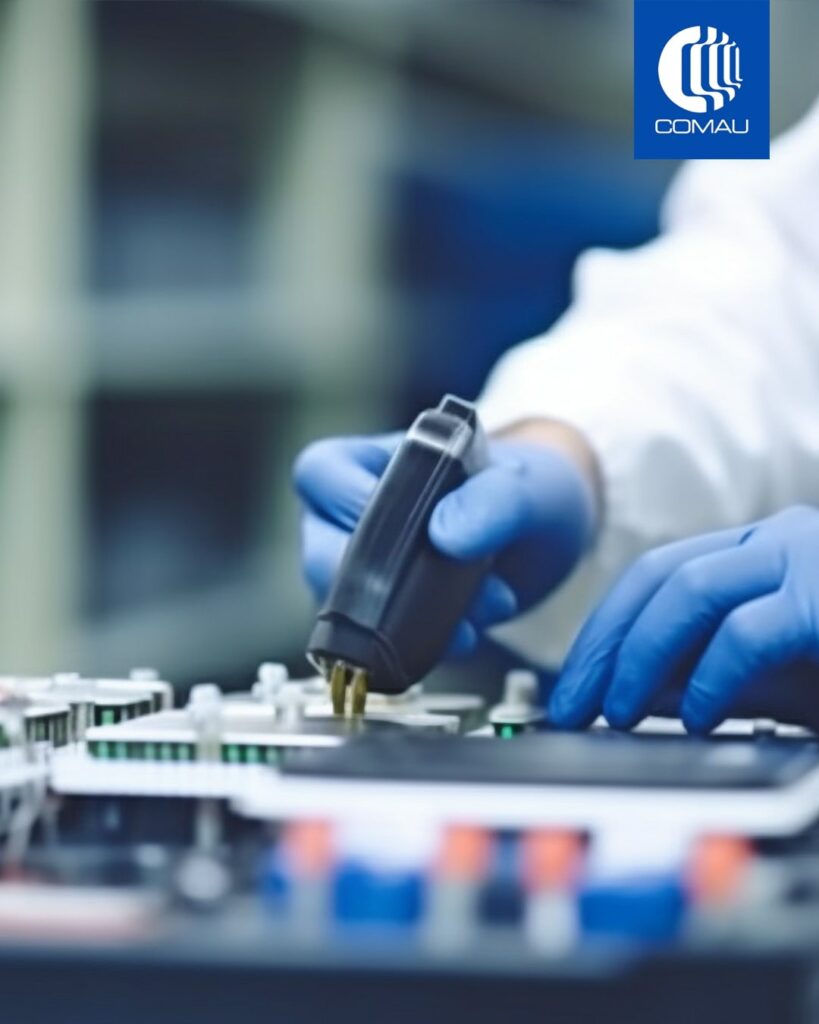
(Image courtesy of Comau)
Automation solutions provider Comau is tasked with designing the digitalisation and implementation strategy for Fastest, an EU project that aims to accelerate the development of batteries that are safer, more reliable and durable.
Turin-based Comau, a Stellantis company, will leverage its long-standing expertise in digitalisation, process simulation and electrification to accelerate the testing and verification of automotive and stationary batteries.
The aim is to reduce the overall time and cost of battery production by at least 20%, in addition to lowering the number of physical experiments required and reducing material costs.
“This pioneering initiative aims to significantly lower the time and investment required for the development of batteries, cells and processes, confirming our efforts in innovative solutions for e-mobility, as well as other sectors,” says Stefania Ferrero, chief marketing officer at Comau.
Digital twin
The Fastest project is supported and promoted by the EU within the framework of the Horizon Europe research and innovation programme. Unlike current experimental testing methods, which can take years and be expensive, the use of a digital twin will allow customers to replace physical deployment with data-driven models to accelerate the testing and implementation process.
Comau’s innovative networking platform, In.Grid, combines digital and physical worlds through sensorisation, data analysis and real-time monitoring of equipment, systems and production lines. The company will use this platform to analyse the digital twin data.
This will enable complete information exchange with the virtual environment in a second phase, and shorten the time to market for battery manufacturers.
Once the infrastructure has been validated, Comau will help lead the industrialisation pathway in close collaboration with the research centres, universities, industry players and cell manufacturers that are part of the consortium.
“The success of this project will help improve the competitiveness of the European battery industry within and beyond automotives, and it is perfectly aligned with our development roadmap for current and next-generation technologies,” says Ferrero.
Click here to read the latest issue of E-Mobility Engineering.
ONLINE PARTNERS



